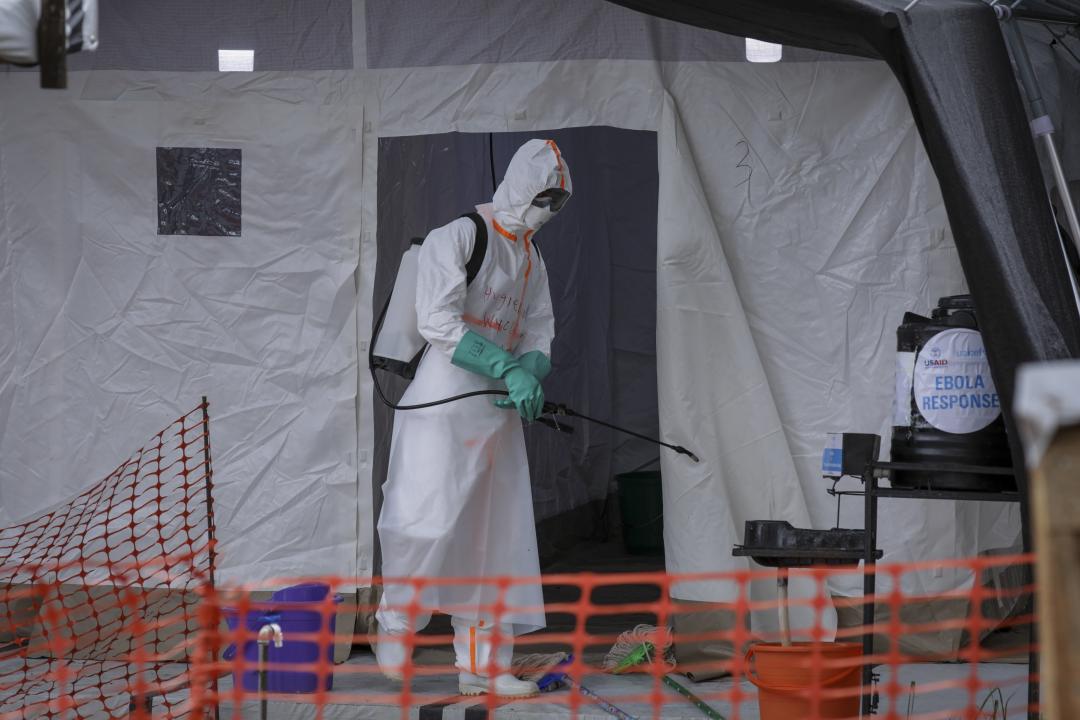Breaking: Uganda Launches Experimental Ebola Vaccine in Urgent Response to Deadly Outbreak

In a proactive move to combat the recent Ebola outbreak, Ugandan health authorities are gearing up to launch a groundbreaking vaccine trial in Kampala. The strategic deployment comes as the nation's top health officials work tirelessly to contain the spread of the deadly virus and protect the capital's residents.
Senior health experts revealed on Sunday that the experimental vaccine represents a critical first line of defense against the current Ebola outbreak. By introducing this innovative immunization strategy, Uganda hopes to quickly interrupt the transmission chain and prevent further community spread of the dangerous disease.
The vaccine trial marks a significant milestone in Uganda's ongoing efforts to manage and ultimately suppress the Ebola outbreak. Health officials are optimistic that this targeted intervention will provide crucial insights into controlling the virus's transmission and safeguarding public health.
As preparations intensify, medical teams are meticulously planning the vaccine's distribution, focusing on high-risk populations and potential contact groups. This comprehensive approach underscores Uganda's commitment to leveraging cutting-edge medical solutions in confronting infectious disease challenges.
